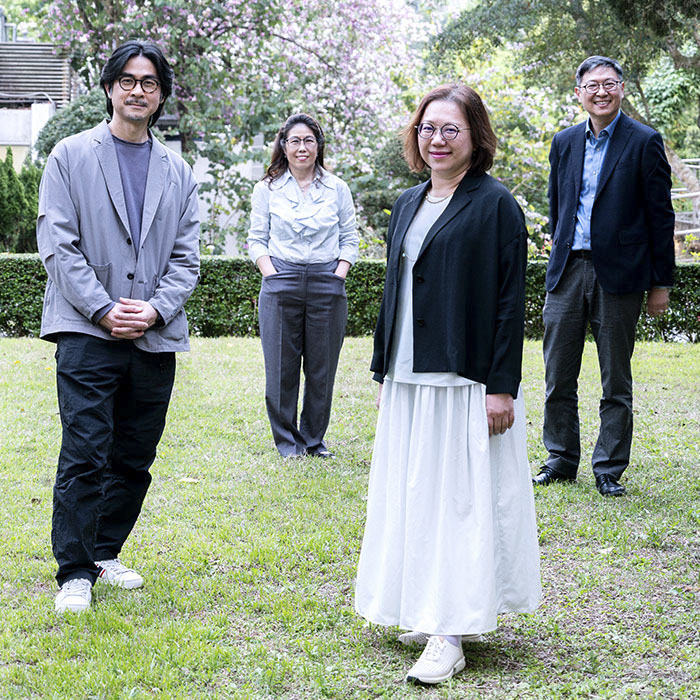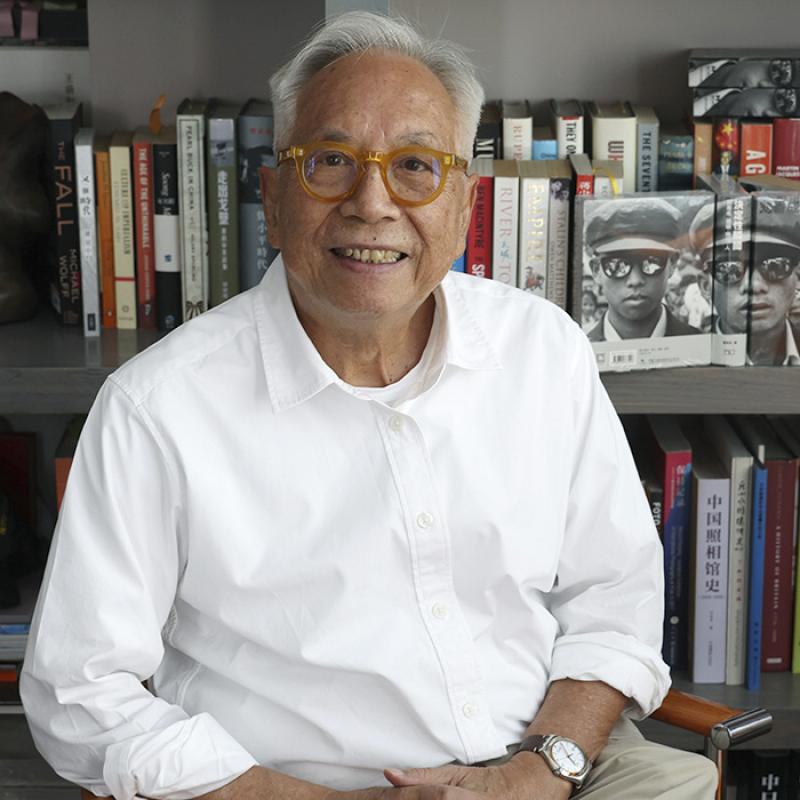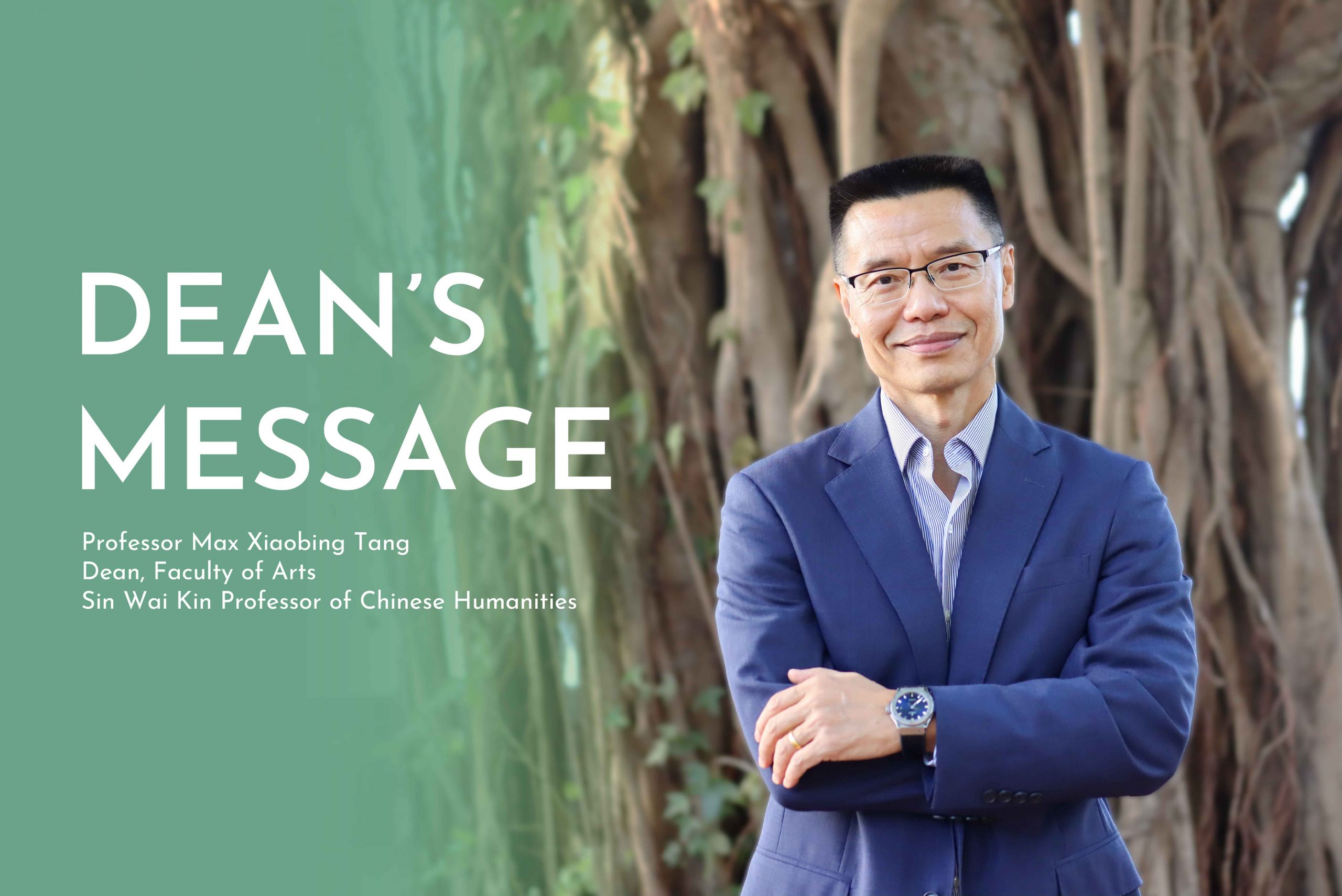CUHK ARTS strives to be one of the best higher education institutions in Asia committed to research in the arts and humanities with global impact. Our academic staff is well-positioned to undertake cutting-edge interdisciplinary scholarship and collaborations.
Global
Innovative
Inspirational

Dean's Message
“We are pleased that in 2025, The U.S. News and World Report ranked CUHK as the 13th Best Global University for Arts and Humanities in the world, the very top Asian university in this category. This result continues a steady upward trajectory in recent years in the ranking agency’s assessment of humanities education and research at CUHK.”
CUHK Arts wishes all graduates of the Class of 2025 a bright and joyful future!
01
02
Guidance



I am a
Student
Scholar
Member of the Public
- Why do I need to study at CUHK ARTS?
- Which programmes are suitable for me?
- What scholarships and awards can I apply for?
- Will I get academic advice?
Research & Scholarship
We are committed to bridging Chinese and Western traditions with innovative research.
As humanities scholars, we seek not only to contribute new knowledge and ideas, but also to become insightful and engaging educators.
Explore Research and Scholarship

One Step Closer
Explore More Stories
Stories
Culture, Enterprise and Community: The Many Paths of CUHK Arts Graduate Mr Stanley Ng Chun-chiu
Stories
Culture, Enterprise and Community: The Many Paths of CUHK Arts Graduate Mr Stanley Ng Chun-chiu
When people ask where a Faculty of Arts degree can lead, Mr Stanley Ng Chun-chiu, an alumnus of the Department of Anthropology at The Chinese University of Hong Kong (CUHK), offers a compelling answer. He moves confidently between manufacturing, green energy, digital marketing, youth development, family business research and charity work, showing how Arts graduates contribute far beyond traditional expectations.
Mr Stanley Ng Chun-chiu
2023 MA in Anthropology
Explore More



Stories
CUHK and Yonsei Cultivate a Rich Tapestry of Cultural Learning
Stories
CUHK and Yonsei Cultivate a Rich Tapestry of Cultural Learning



Stories
The way to bring deaf and hearing people closer together – Film screening celebrates inclusiveness at CUHK
Stories
The way to bring deaf and hearing people closer together – Film screening celebrates inclusiveness at CUHK
The cast and crew of The Way We Talk, including director Adam Wong and actress Chung Suet-ying, and CUHK Professor Gladys Tang who supported the team with her work on deaf education, share their thoughts at the post-screening discussion
Professor Gladys Tang
Linguistics and Modern Languages
Explore More



Stories
Art of documentary photography – Prize-winning photojournalist Liu Heung Shing has a date with CUHK in October
Stories
Art of documentary photography – Prize-winning photojournalist Liu Heung Shing has a date with CUHK in October
Over the last half a century, Pulitzer Prize-winning photojournalist Liu Heung Shing has been globetrotting with a camera and press pass to chronicle through his lens the first rough drafts of history.
Liu Heung Shing
/
Explore More



01
04
Latest Update
Explore More
There’s something
more to inspire you.
more to inspire you.
Discover what's current at CUHK ARTS.








